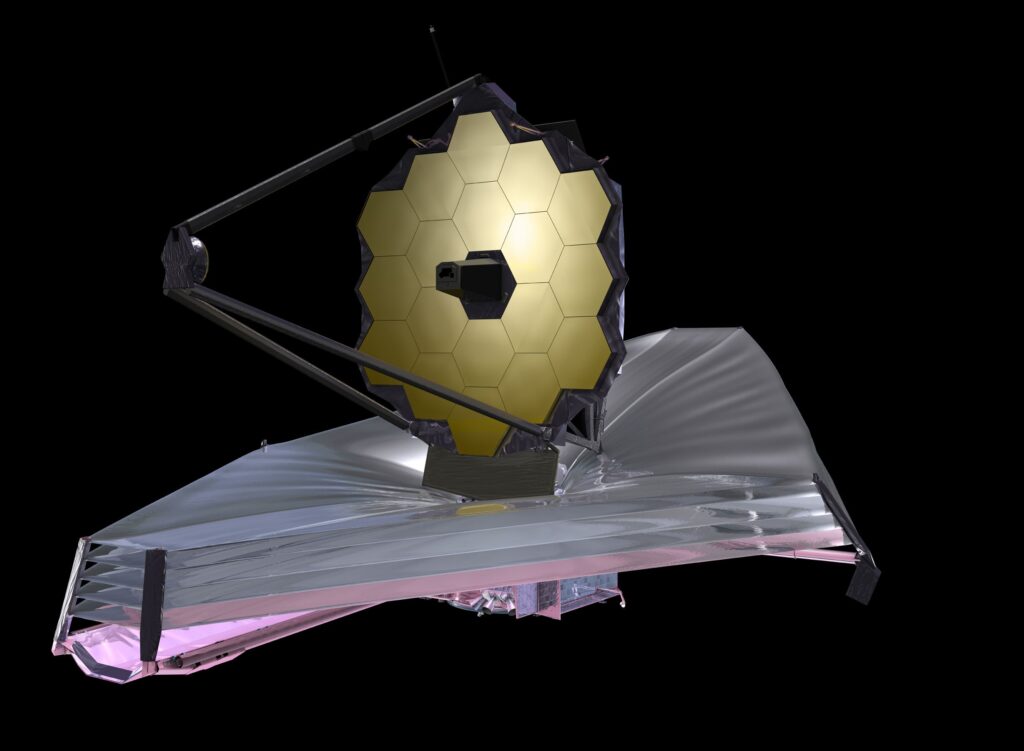Albert Einstein? William Miller? Apocryphal?

Question for Quote Investigator: A famous scientist once stated that it was important to never stop questioning because curiosity has it own reason for existing. I do not recall the exact phrasing. This notion has been attributed to physicist Albert Einstein. Would you please help me to find a citation?
Reply from Quote Investigator: “LIFE” magazine editor William Miller visited Albert Einstein at his home in Princeton, New Jersey and interviewed him. Miller’s piece appeared in the May 2, 1955 issue of “LIFE” shortly after Einstein’s death in April 1955. Miller asked Einstein about curiosity. Boldface added to excerpts by QI:1
The important thing is not to stop questioning. Curiosity has its own reason for existence. One cannot help but be in awe when he contemplates the mysteries of eternity, of life, of the marvelous structure of reality. It is enough if one tries merely to comprehend only a little of this mystery every day. Never lose a holy curiosity.
Below are additional selected citations in chronological order.
In 1967 “The Great Quotations” compiled by George Seldes included a pertinent entry with a long excerpt from “LIFE” magazine. One word was altered. The word “existence” was changed to “existing”:2
The important thing is not to stop questioning. Curiosity has its own reason for existing. One cannot help but be in awe when he contemplates the mysteries of eternity, of life, of the marvelous structure of reality. It is enough if one tries merely to comprehend a little of this mystery every day. Never lose a holy curiosity.
Albert Einstein: Personal memoir of William Miller, an editor, Life, May 2, 1955
In 1982 the compilation “Good Advice,” edited by Leonard Safir and William Safire included a version of the quotation credited to Einstein which matched the text in “The Great Quotations”.3
In 1997 “Proverb Wit & Wisdom” compiled by Louis A. Berman included an instance with ellipses:4
Curiosity has its own reason for existing. One cannot help but be in awe when he contemplates the mysteries … of life. … It is enough if one tries merely to comprehend a little of this mystery every day. Never lose a holy curiosity. Albert Einstein
In 2006 “Treasury of Wit & Wisdom” from the Reader’s Digest Association included a version of the quotation credited to Einstein which matched the text in “The Great Quotations”.5
In 2007 the biography “Einstein: His Life and Universe” by Walter Isaacson contained the following passage:6
A tenet of Einstein’s faith was that nature was not cluttered with extraneous attributes. Thus, there must be a purpose to curiosity. For Einstein, it existed because it created minds that question, which produced an appreciation for the universe that he equated with religious feelings. “Curiosity has its own reason for existing,” he once explained. “One cannot help but be in awe when one contemplates the mysteries of eternity, of life, of the marvelous structure of reality.”
In 2010 “The Ultimate Quotable Einstein” edited by Alice Calaprice included a version of the quotation. Several small changes were made to the passage from “LIFE” magazine: “existence” was changed to “existing”; “he contemplates” was changed to “one contemplates”; “merely” was removed; and “only” was added:7
The important thing is not to stop questioning. Curiosity has its own reason for existing. One cannot help but be in awe when one contemplates the mysteries of eternity, of life, of the marvelous structure of reality. It is enough if one tries to comprehend only a little of this mystery every day.
From the memoirs of William Miller, an editor, quoted in Life magazine, May 2, 1955
In conclusion, there is substantive evidence that Albert Einstein did make this remark. QI suggests using the version printed in 1955 in “LIFE” magazine which was recorded by journalist William Miller. QI believes that other instances were derived directly or indirectly from the words in “LIFE”.
Image Notes: Illustration of the James Webb Space Telescope from NASA. The image has been cropped and resized.
Acknowledgement: Great thanks to Craig Good whose inquiry led QI to formulate this question and perform this exploration.
- 1955 May 2, LIFE, Death of a Genius: His fourth dimension, time, overtakes Einstein, Subsection: Old Man’s Advice to Youth: ‘Never Lose a Holy Curiosity’ by William Miller (Editor at LIFE magazine), Start Page 62, Quote Page 64, Time Inc., New York. (Google Books Full View) link ↩︎
- 1967, The Great Quotations, Compiled by George Seldes, Topic: Curiosity, Quote Page 248, Pocket Books. New York. (Verified with scans) ↩︎
- 1982, Good Advice, Compiled by Leonard Safir and William Safire, Section: Curiosity, Quote Page 69, Published by NYT Times Books, New York. (Verified on paper) ↩︎
- 1997, Proverb Wit & Wisdom: A Treasury of Proverbs, Parodies, Quips, Quotes, Clichés, Catchwords, Epigrams, and Aphorisms, Compiled by Louis A. Berman With Assistance by Daniel K. Berman, Quote Page 72, Column 1, A Perigee Book: The Berkley Publishing Group, New York. (Verified with scan) ↩︎
- 2006, Treasury of Wit & Wisdom: 4,000 of the Funniest, Cleverest, Most Insightful Things Ever Said, Compiled by Jeff Bredenberg, Topic: Albert Einstein – Universal Truths, Quote Page 145, The Reader’s Digest Association, Pleasantville, New York. (Verified with scans) ↩︎
- 2007, Einstein: His Life and Universe by Walter Isaacson, Epilogue: Einstein’s Brain and Einstein’s Mind, Quote Page 548 and Footnote Page 640, Simon & Schuster, New York. (Verified with scans) ↩︎
- 2010, The Ultimate Quotable Einstein, Edited by Alice Calaprice, Section: On Miscellaneous Subjects, Topic: Curiosity, Quote Page 425, Princeton University Press, Princeton, New Jersey. (Verified on paper) ↩︎